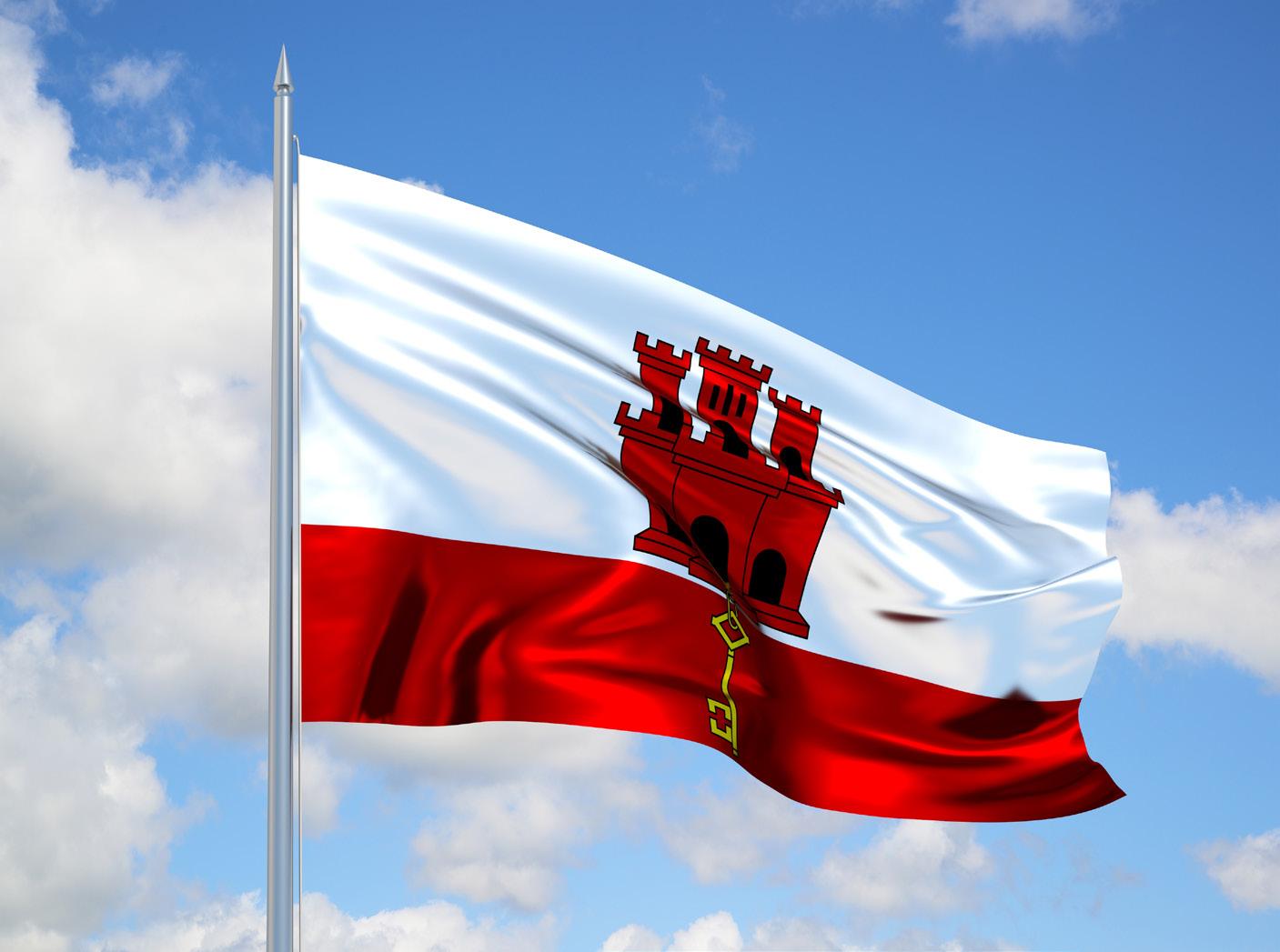
2 minute read
Gibraltar Finance Report
over an extended period of time and cause industry and regulators to examine existing business and regulatory models. It would be easy to underestimate the impact, and what has followed will undoubtedly cause a deepseated reflection on how the industry needs to position itself if it is to have a bright and stable future.
The collapse of this high-profile exchange was reportedly due to mishandled customer funds, poor corporate governance, and a lack of adherence to standard financial reporting procedures. As a result, the fall of FTX has reportedly seen more than $3.1 billion in customer funds locked into the exchange. FTX was an unregistered exchange; there are no protections for customers who will have to go through legal procedures to retrieve their money, with no guarantee of success. It highlights that in a poorly regulated industry, financial misconduct by people can have disastrous consequences for those who invest their wealth in them.
Successes in the year past
However, I believe that the trends of the year should not be attributed to a failing industry, but more so a failure to grasp the challenge to effectively regulate and, through that, protect consumers. For this reason, blockchain development as opposed to crypto remains relatively unscathed in the middle of this market downturn. In 2022, we saw huge companies such as Instagram and Meta beta testing NFT integrations on both platforms. In August, NFTs and gaming companies saw a 66% surge in venture capital funding despite the volatile environment. Industry experienced the successful Ethereum merge from a proof of work to a proof of stake blockchain in September. Additionally, in December, perhaps the world’s most successful loyalty programme, operated by Starbucks, saw the brand become one of the first to introduce NFTs in Starbucks Odyssey, inspiring an entirely new future of loyalty marketing using DLT.
On a smaller scale, we experienced businesses that are an everyday part of life begin to accept crypto payments in physical stores in a limited way. In Gibraltar alone, Costa Coffee, Card Factory, and Hotel Chocolat are examples of multinationals allowing customers to pay for their items in Bitcoin through the Lightning Network. Customers can now choose to pay for their morning coffee through crypto over traditional cash and card payment methods. Worldwide, corporations such as Microsoft, Virgin Airlines and AT&T have also begun to accept these payments. Allowing everyday transactions in crypto has been part of the transition from traditional to decentralised finance and the wider adoption of the utility of these digital currencies.
Gibraltar prevails
In the wake of all of this, Gibraltar holds its place as a frontrunner in digital asset regulation, which has stood the test of time against the backdrop of market volatility. Our robust and transparent regulation inhibits DLT providers and their customers from falling victim to the financial misconduct and unlawful practices experienced over the past year. I am, however, conscious that there are no absolute guarantees.
2022 has also seen delays to longawaited regulation that should bring transparency and clarity to the digital assets industry; we had hoped to see the proposed Markets in Crypto Assets (MiCA) Regulation from the EU by now. In a postFTX world, regulation is vital to restore trust and confidence in the sector. Gibraltar introduced its purpose-built regulatory framework for businesses using Distributed Ledger Technology to store or transfer value belonging to others in 2018. Gibraltar also successfully added a 10th Regulatory Principle to Gibraltar’s Financial Services Regulations, setting the standards for market integrity in the virtual asset. www.gibraltarfinance.gi
Now at the beginning of 2023, we can rest assured that Gibraltar will look to continue to thrive with our forward-thinking, regulated approach to blockchain technology. Gibraltar has paved the way for innovation, adoption, and integration of this since 2018 and we will remain an attractive destination for firms that value being regulated in a mainstream European jurisdiction.


